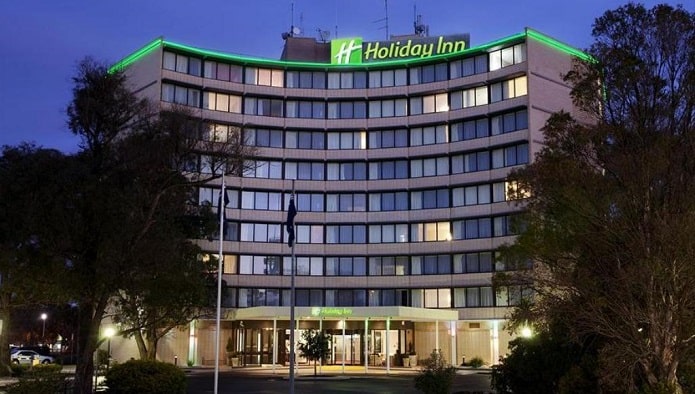The snap Victorian lockdown in response to a COVID cluster at the Holiday Inn at Melbourne airport marks a further failure of the state’s under-resourced public health system.
Premier Dan Andrews justified the lockdown by playing up the infectiousness of the British variant of the virus and claiming that it has a shorter incubation period.
But as Professor Catherine Bennett, an epidemiologist from Deakin University, said: “We know they’re more infectious, but the data tell us that the difference is between 11 per cent of your close contacts being infected after exposure and 14.7 per cent.
“That’s what we saw in Queensland and WA – very low or little, or no, transmission beyond those workers. So, this should be manageable.”
She was not aware of “evidence globally for a shorter average incubation period” for the UK variant. “And certainly not really rapid turnaround time between cases,” she said.
Andrews’ rhetoric is an attempt to disguise a series of failures, including:
- a breakdown in contact tracing
- inadequate ventilation in quarantine hotels
- a lack of suitable masks for staff.
According to The Age, the week began with tracers failing to contact 8.9 per cent of close contacts within 48 hours. By Tuesday that number had risen to 43.7 per cent before dramatically falling later in the week.
Victoria went into the pandemic with just 14 contact tracing staff, centralised in a CBD office – a legacy of decades of neoliberal cuts to public health.
In November, Australian Medical Association Victorian president Julian Rait called for a long-term commitment to establish a NSW-style system built up over 30 years and made up of public health units across metropolitan and regional areas.
“This long-term investment in public health has been of great benefit to the people of NSW in their defence against COVID-19 with a health model that is known to be vastly superior to that of Victoria,” Professor Rait said.
Unlike hospitals, hotels are not designed to refresh the air supply at a fast enough rate to clear aerosol particles potentially containing the virus. Hotels also do not have reverse pressure – keeping air within a room and preventing the virus from spreading through ducts and corridors.
Most of Victoria’s quarantine hotels had not even had detailed ventilation assessments when the state reopened its borders to returned travellers in December.
Michael Toole from the Burnet Institute told The Saturday Paper that the focus at the Holiday Inn on the use by an infected guest of a nebuliser, a medical device that creates aerosol particles to help with breathing, was “a little bit of a furphy” as its use didn’t explain transmission between hotel rooms, nor all the recent cases.
Adding to the list of failures is the unwillingness to follow a recommendation by the Australian Medical Association to require quarantine workers to wear an N95 mask and goggles while on a floor where potentially infectious guests are staying.
Andrews announced the lockdown would last for five days but the health order allows him to extend that to a fortnight.
Based on last year’s experience, it is the most disadvantaged who are likely to be targeted by police and fined under the health orders – the unemployed, the homeless and Indigenous people.
The lockdown also rules out public gatherings at a time when unions and refugee and climate activists desperately need to be marching against the Liberals’ rotten policies.
The alternative to harsh repression and Andrews’ touted reduction in international arrivals is ensuring proper staff training, improved rapid contact tracing, an expansion of the public health system and the rollout of the vaccine program.
To win these demands, we need to be back on the streets. COVID does not justify repression – it demands safe protest for the policies that can defeat the virus.
By David Glanz






